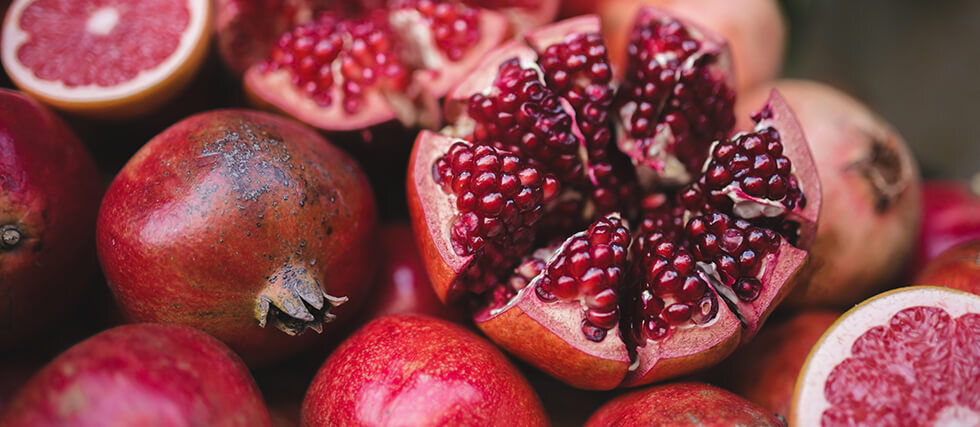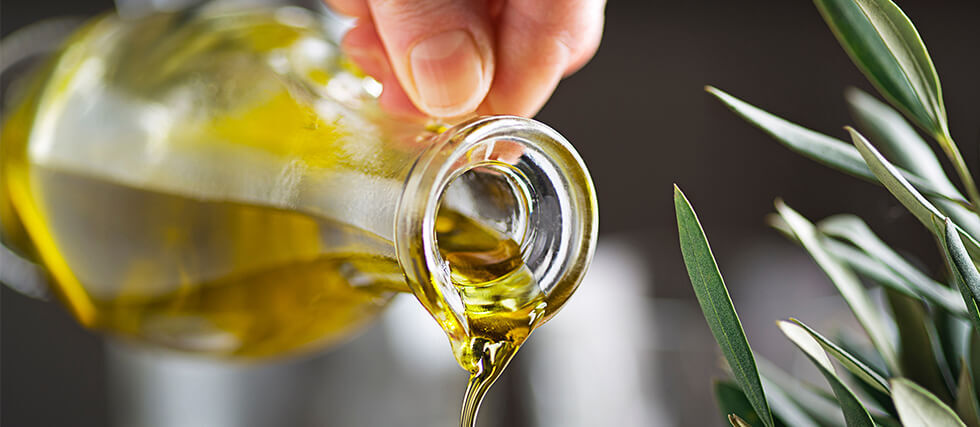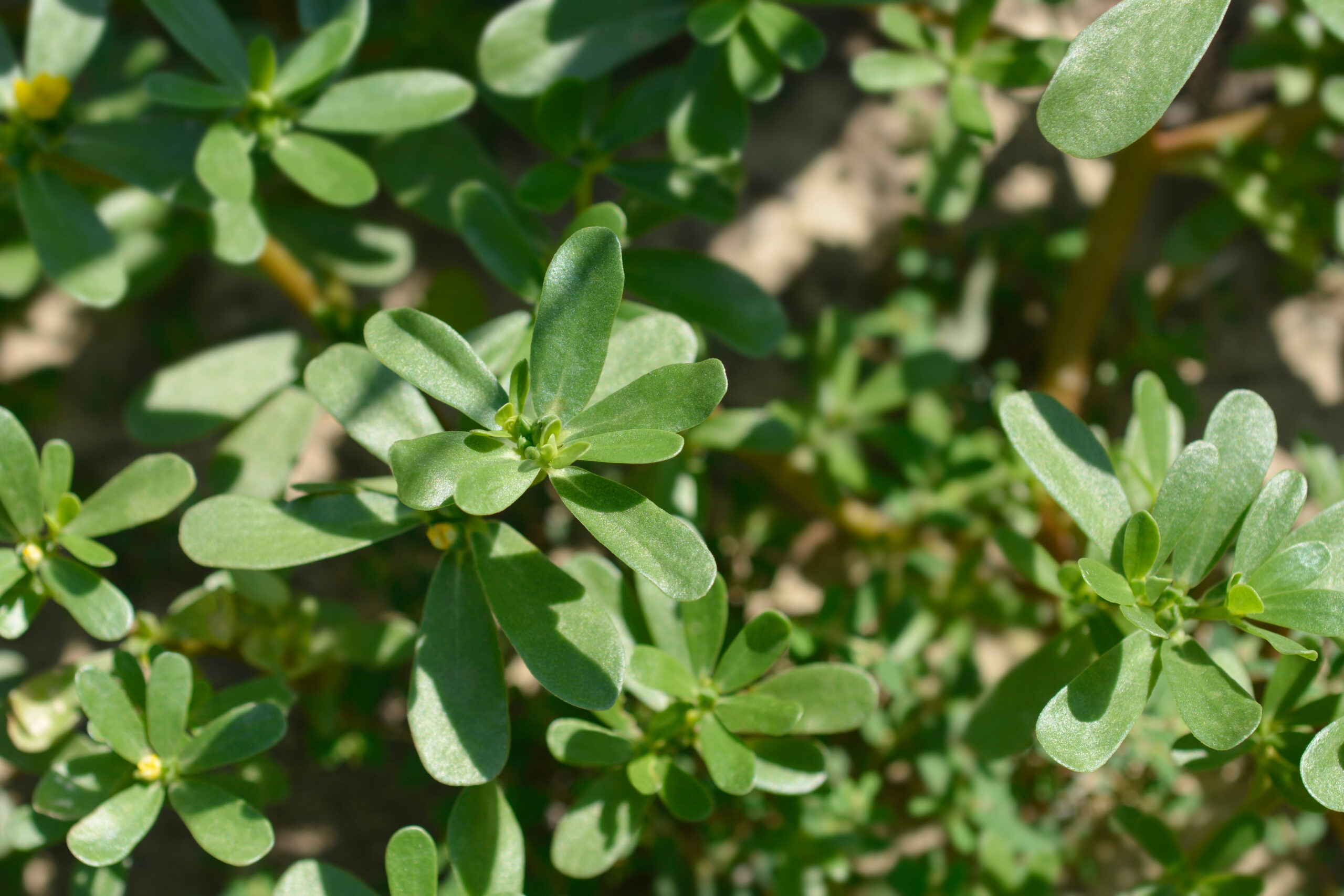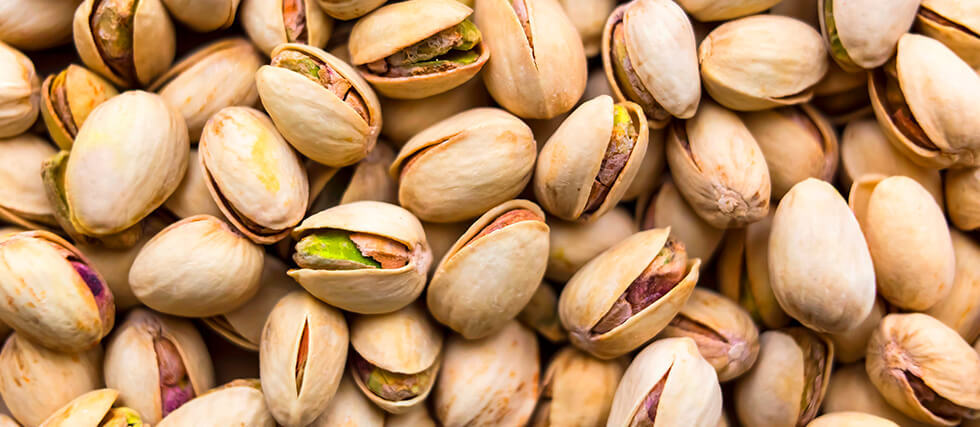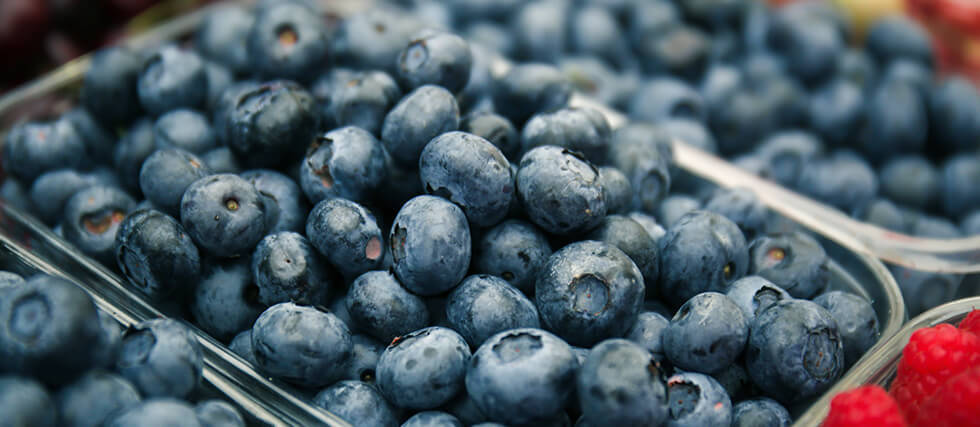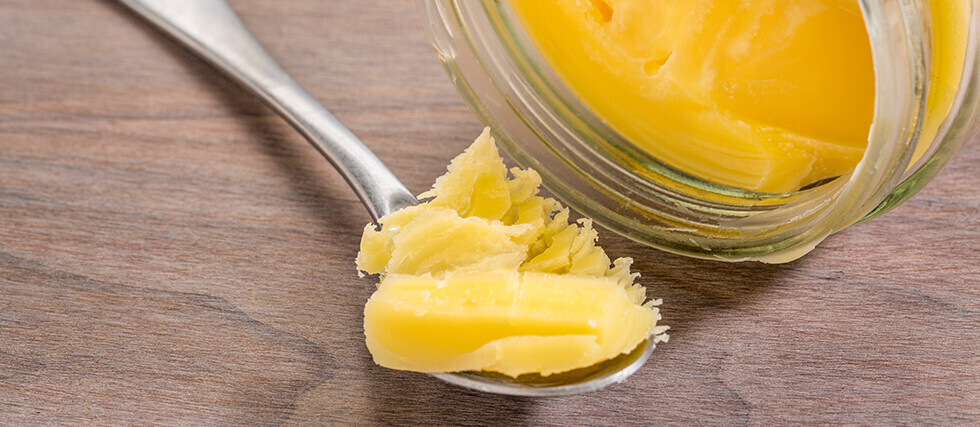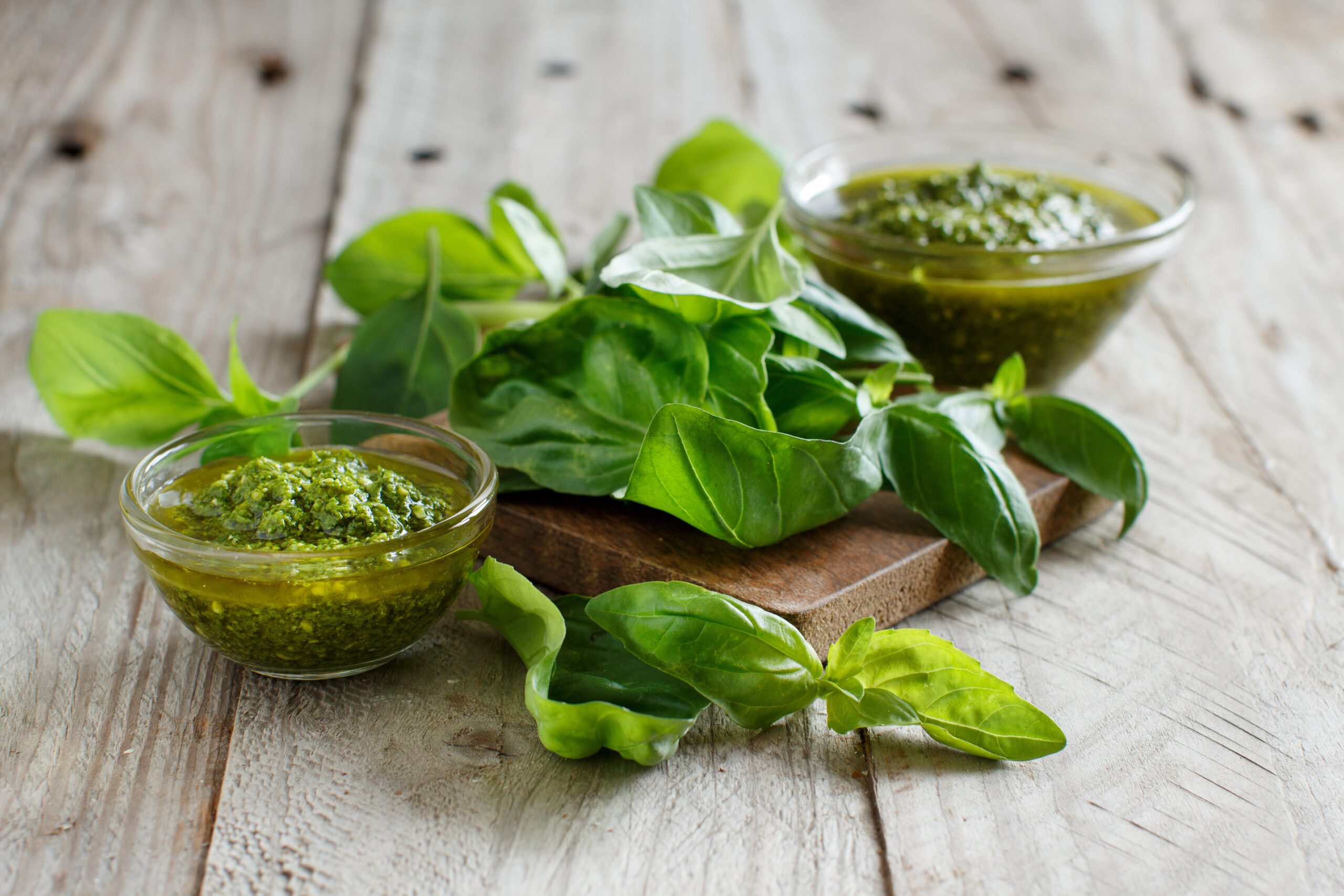7 Amazing Health Benefits of Pomegranates — And How to Eat Them Right
Pomegranates aren’t just a tasty fruit — they’re a nutritional powerhouse packed with antioxidants, vitamins, and anti-inflammatory compounds.
Here’s why you might want to make this crimson fruit a regular part of your diet:
- Fights Inflammation
Pomegranates are loaded with punicalagins and anthocyanins — compounds that reduce inflammation throughout the body, especially in the gut, joints, and arteries.¹ - Supports Heart Health
Studies show that pomegranate juice can help lower blood pressure, reduce cholesterol oxidation, and improve blood flow, making it a heart-smart choice.² - Boosts Immunity
Rich in vitamin C and polyphenols, pomegranates help fortify your immune system, helping to fight off colds and infections naturally.³ - May Improve Memory
Preliminary research suggests that the antioxidants in pomegranate juice may support memory retention and cognitive function over time.⁴ - Helps Fight Cancer Cells
Lab studies have shown pomegranate extracts may slow the growth of prostate and breast cancer cells, thanks to their high antioxidant content.⁵ - Supports Gut Health
Pomegranates act as a prebiotic, feeding the beneficial bacteria in your gut and helping balance your microbiome.⁶ - Improves Skin Health
The antioxidants in pomegranate help fight free radicals, promoting a clearer and more radiant complexion while reducing signs of aging.⁷
How to Eat Them Right
Don’t chew the bitter peel — instead, enjoy the arils (the juicy seeds inside). Add them to smoothies, toss them onto salads, mix them into yogurt, or eat them by the handful. Pomegranate juice is also a great option — just go for 100% juice with no added sugar.
Pro tip: To easily de-seed, slice the fruit in half and gently tap the back of it with a wooden spoon over a bowl. Less mess, more goodness.


